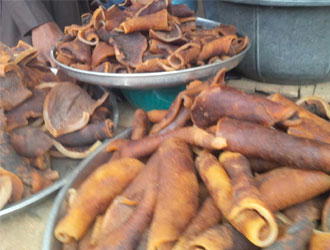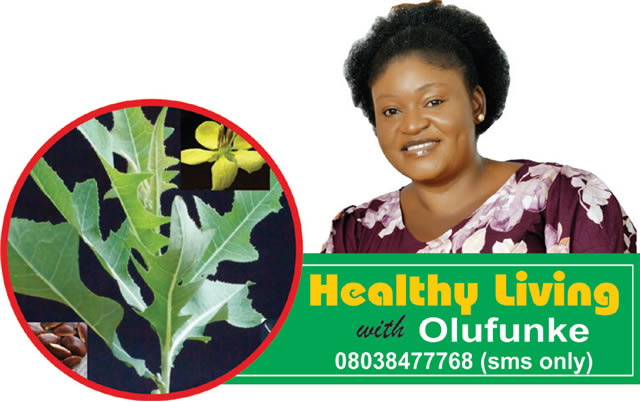PUNCH
Every now and then someone somewhere is receiving blood and he or she doesn’t know where it comes from. The person could be an accident victim with a broken leg, a woman bleeding after birth, a sickle cell patient hanging on to life, a man with haemophilia whose blood just won’t clot, or a snakebite victim.
Someone is on the bed, being saved with another person’s blood. That blood could be yours—one pint drained from your body in 10 minutes, every three months (men can donate up to four times a year).Sometimes, it doesn’t take more than that to save a life.
Unfortunately, many people don’t donate blood because they frown at the idea that hospitals “sell” the blood they donated for free, so it is better they don’t feed what they see as an unwholesome trade. Why should we donate blood for free if recipients have to pay for it? Let’s unpack the answer. Blood is free. Hospitals—public ones, at least—don’t sell blood.
They collect service charges, which range between N5,000 to N8, 000 naira in public hospitals, to cover the cost of screening, collecting, bagging, storing, matching, and transfusing blood. The service charge is like revolving funds that keep the blood flowing from the donor to the patient.
Is it criminal? Not quite. Hospitals get blood from unpaid voluntary donors and relatives of transfusion recipients who donate to replace the blood their loved ones received. A third source is those who get paid for donating blood. However, getting blood from paid donors is discouraged for ethical and safety reasons. Whatever the source, blood recipients are required to pay processing fees to cover the cost of getting blood and transfusing it safely.
Let’s face it. Healthcare is subsidised, but it’s not free. The government can only pay for so much. Hospitals need facilities to receive donors and collect their blood. They need equipment, test kits, and reagents to screen the blood; bags and anticoagulants to keep the blood fluid and aseptic; storage units to keep the blood stable enough to be useful to the patient. These cost money and that’s the service charge that patients and their relatives pay.
The need for blood for voluntary blood donation is high in Nigeria. According to a recent report from the National Blood Services Commission, only 25 per cent of blood transfusion demands are met in Nigeria. Unpaid voluntary donation closes the demand gap on blood donation. It makes blood available to patients, especially those with rare blood types and those needing many pints of blood.
While you are welcome to share your concerns about patients having to pay for blood, please don’t let that discourage you from donating. People need blood, and that need is critical. Malnourished children, pregnant women, people with severe malaria, and those with sickle cell disease are among the top groups in this category.
Your blood could be the difference between someone staying alive or dead. Imagine your younger sister or a parent being in desperate need of blood, but the banks and reserves are depleted, due to lack of willing donors. What do we do then? Even if you worry that recipients will have to pay for it eventually, your blood gives them something to pay for…



Connect with us on our socials: